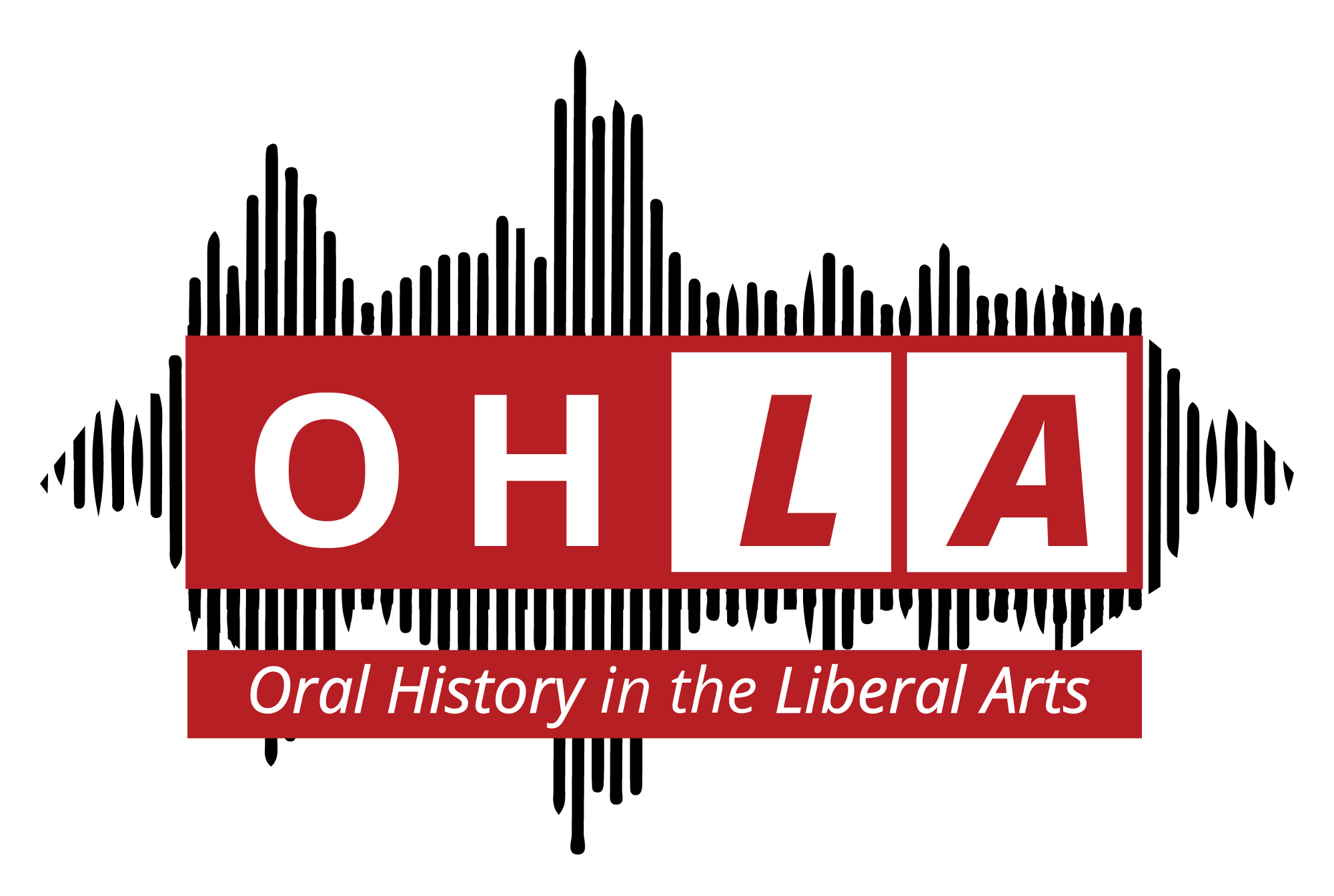Project Statement
NOMADS JE
This project will explore the lives of the nomads in Morocco. The project will be based on recording the stories of the nomads and their nomadic life in modern age. This project aims to ensure that the nomads’ stories are digitized, recorded, and made accessible to future generations by preserving it in Al Akhawayn University in Ifrane’s (AUI) digital repository or within repositories of collaborative and contributing libraries and/or academic and cultural settings. The project involves establishing connections with the community of nomads, moving to identified areas of Morocco where they are located, and recording their stories using audio or video equipment. The collected stories will then be transcribed, translated, traced geographically, and analyzed in order to create a digital archive that can be accessed and shared online.
Second paragraph: Our intentions as researchers are to guide participating students to appreciate the nomadic culture and be involved in that identity building. With this research we hope to preserve the culture of the nomads through their stories and ultimately raise the awareness of the nomads’ young generation to value their cultural values and practices. we plan to archive the nomads life and their movements in Morocco to better understand nomadism beyond folkloric rituals but as a culture to preserve and bring forward connection between technology and the storis of the nomads.
Third paragraph: I am likely to share your interview content, in part or in full, in these ways:
Those stories can be published online through documentaries, radio podcasts, and articles. The stories will be published in part or in full through inclusion in class assignments, in a public digital project online, using publishing platform tools. Should the copyright released interview content be published and exhibited, that content will still be part of the project until it is taken down or adopted by an institutional archive.
Interviewees can opt for not participating or ending their participation at any time before or during the interview. You can also choose to release all or part of the interview using the release form.
For further information, please contact Jaouad El Bakili and Hamdi Echkaou from AUI.
Listen to the Interviews
This project is in the fieldwork phase. Searchable interviews coming soon.
Additional Materials
This project is in the fieldwork phase. Links to archival materials coming soon.
Funding & Support
This project is supported by the Andrew W. Mellon Foundation through the Great Lakes Colleges Association’s Global Liberal Arts Alliance.



